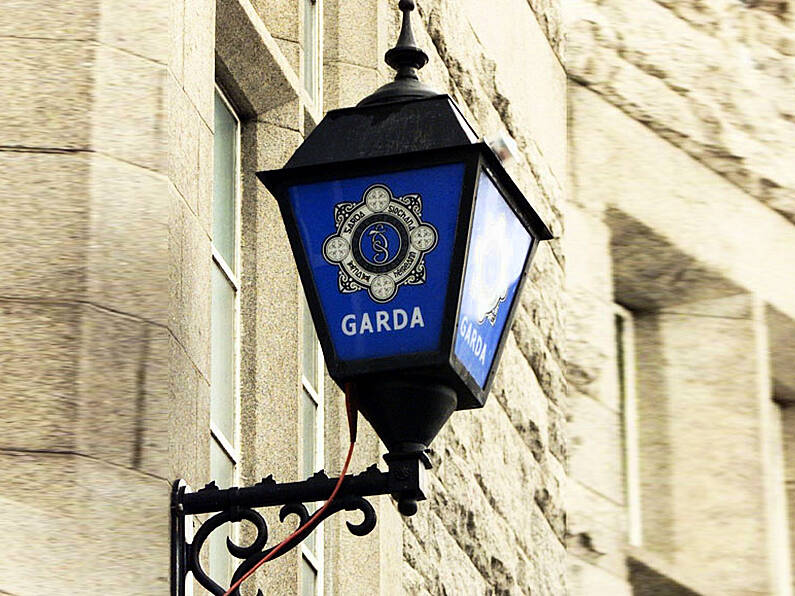The homelessness crisis is taking an increasing toll on people's mental health, with one support service carrying out nine crisis interventions every working day since the start of the year.
Merchant's Quay Ireland (MQI) said its mental health team had been involved in 767 such interventions since January, a higher rate than for the same period last year.
Sarah Scully of the MQI mental health team said of the increased interventions: "That is definitely something that we are actually seeing.
More people are coming in, in a crisis. We have had more crisis interventions and more one-on-one caseloads.
In addition to its homeless and drugs services, MQI also runs a night cafe which allows dozens of people to sleep at its Dublin city centre building and access related services.
Referrals to the mental health team can come from within the MQI client base and from elsewhere, but Ms Scully said it was hard to pinpoint in some cases whether mental health was a contributing factor in someone becoming homeless, or whether homelessness had affected that person's mental health.
"Obviously homelessness itself creates a re-occurring trauma," she said. "A lot of the people we are seeing, more and more are coming in with an experience of childhood trauma."
One issue cited by MQI is the difficulties faced by those who are homeless when trying to access community health teams because they do not have an address for correspondence.
Ms Scully said two HSE community health teams work in Dublin but were underresourced and under pressure, meaning they had to focus on clients with "severe and enduring mental health issues".

It means other clients can miss out, including those in emergency accommodation who can be dealing with substance abuse issues, relationship breakdown, feeling isolated and struggling to cope with the uncertainty of having no permanent home.
"What we are seeing is people are not being cared for and their needs and not being met," she said, adding that this meant deteriorating mental health in some cases and a 'knock-on effect' of later access to already busy hospital emergency departments.
She said the MQI team sometimes felt like it was engaging in 'firefighting' but that its work has had a positive impact on many clients, linking them with harm reduction services and GPs as well as offering therapies such as cognitive behavioural therapy.
MQI also hopes to roll out an anxiety management programme in the coming months to further benefit its clients.
One person who has used the MQI mental health service said she was facing having to move house again in the coming months but had already successfully undergone an alcohol detox programme, was now completing a benzo withdrawal programme and was also on a methadone programme with the assistance of the MQI team.
"I feel [like] a human being now," the woman said. "Half a year ago, I was not."






